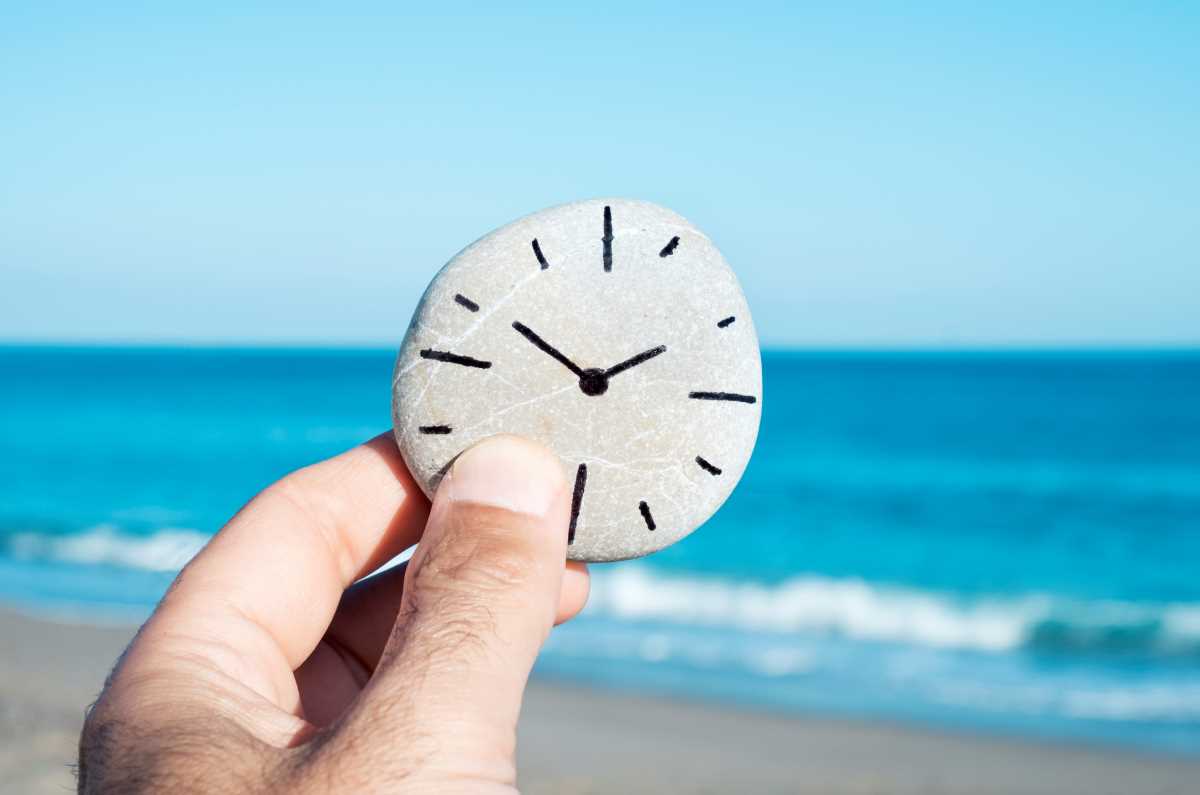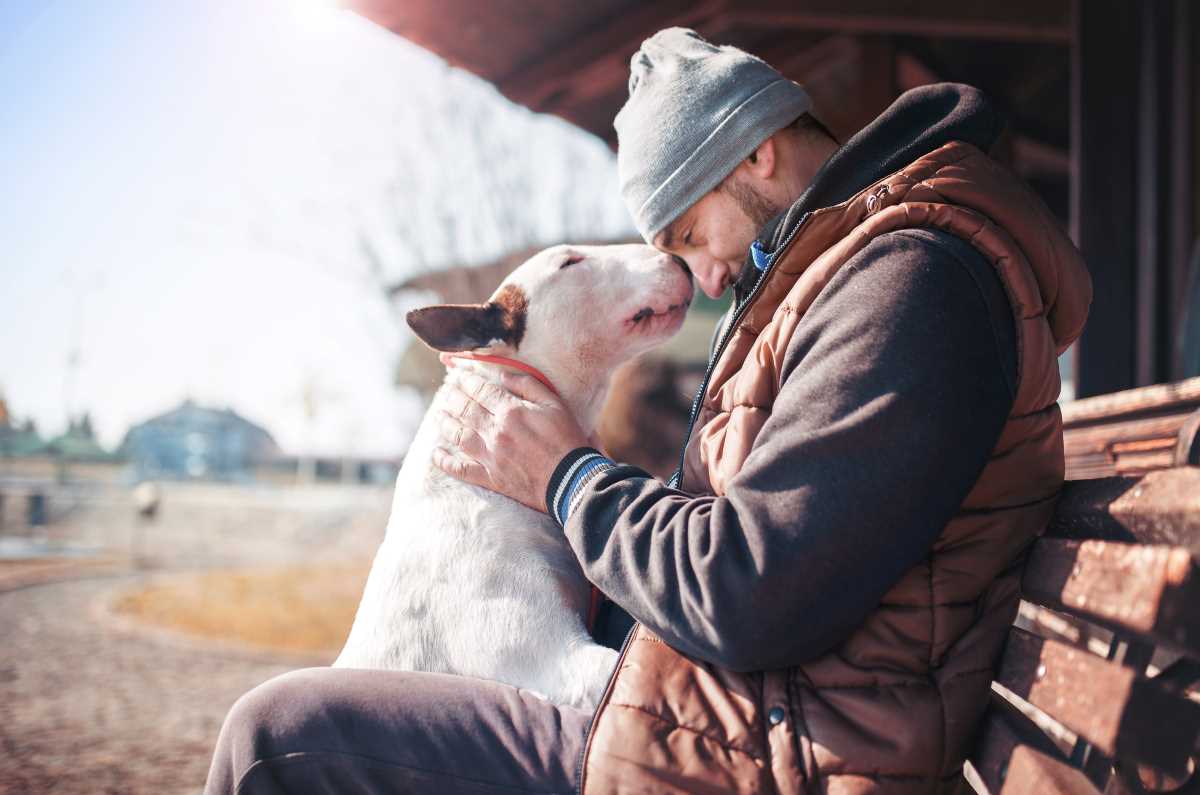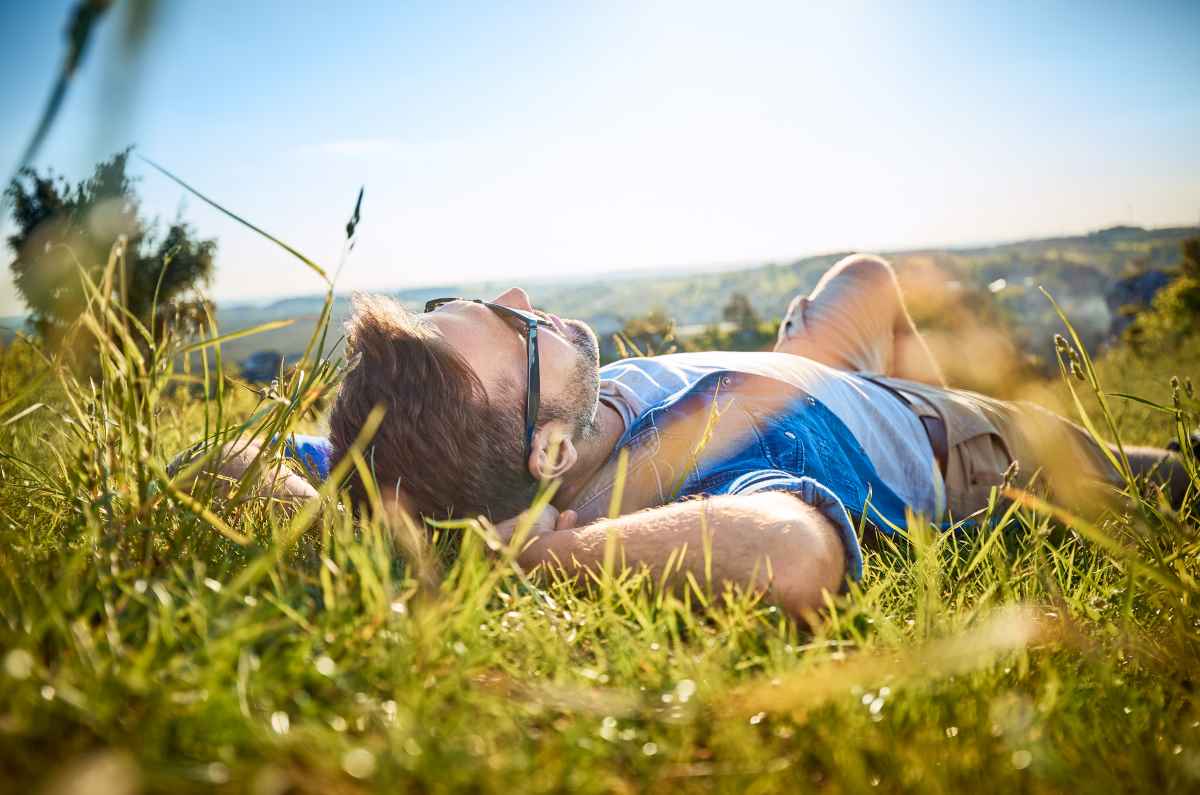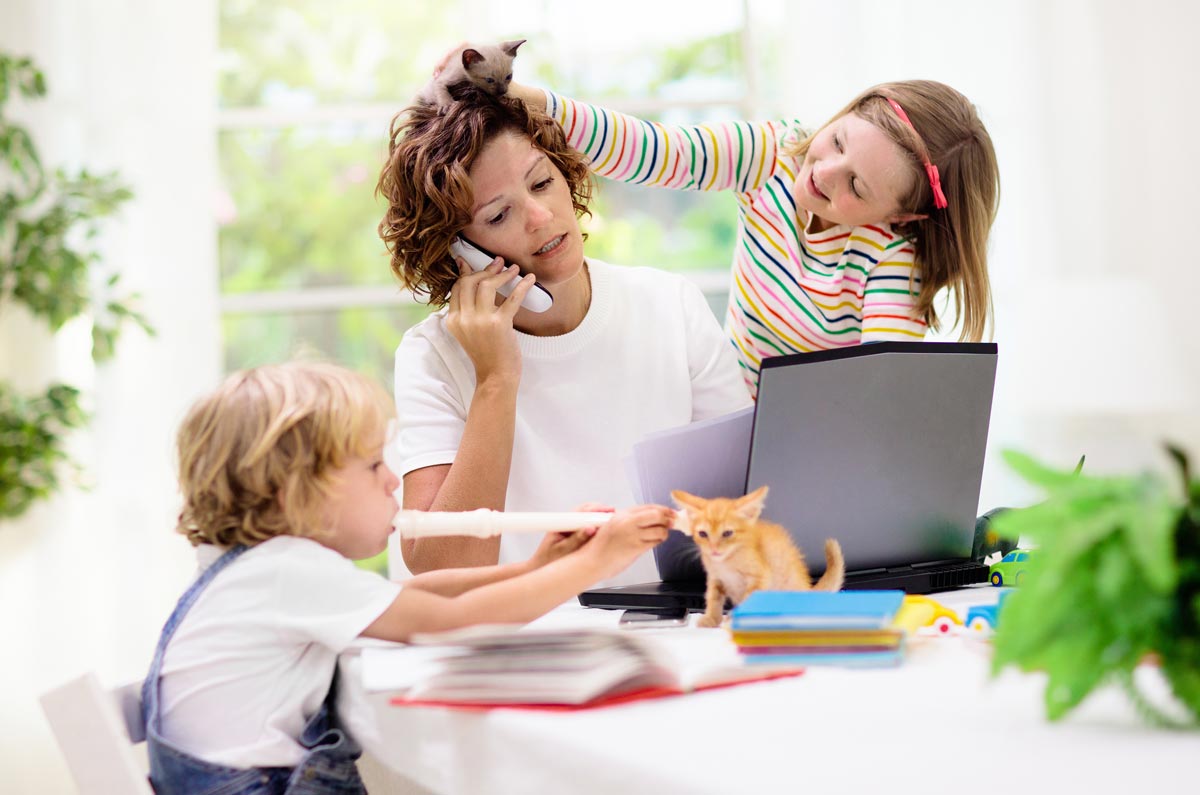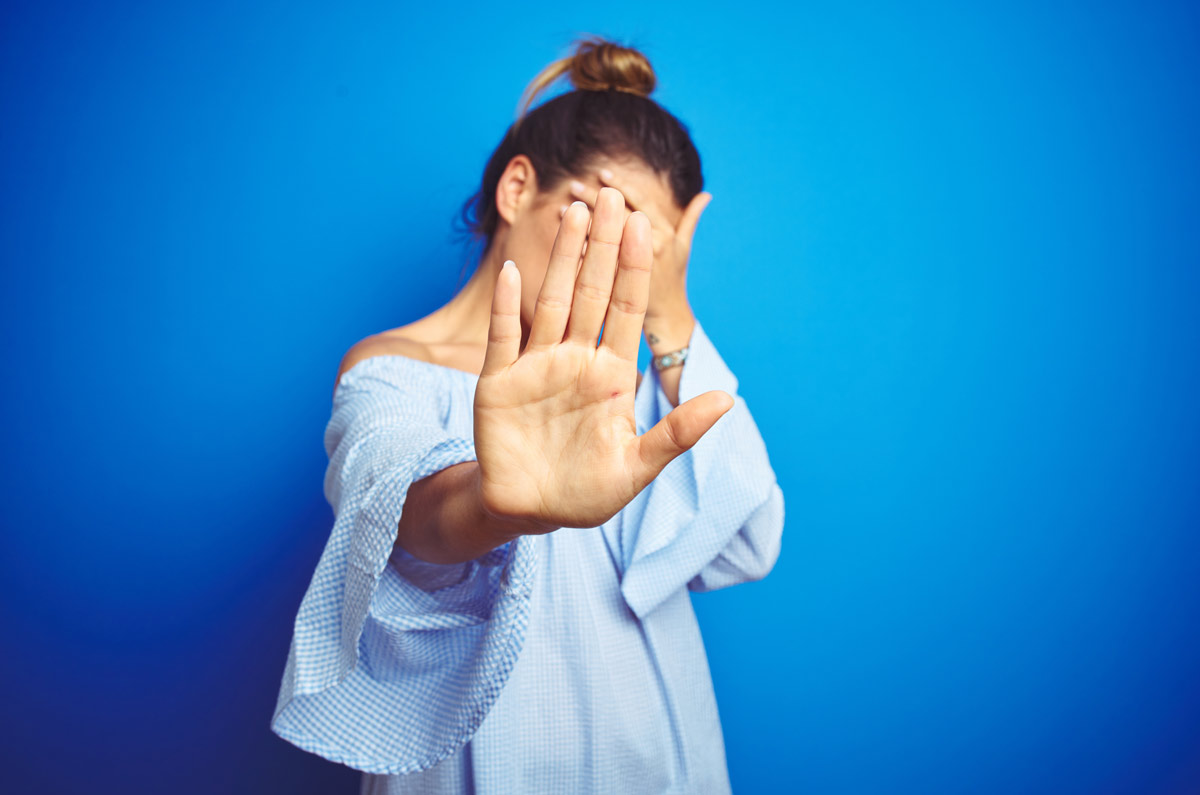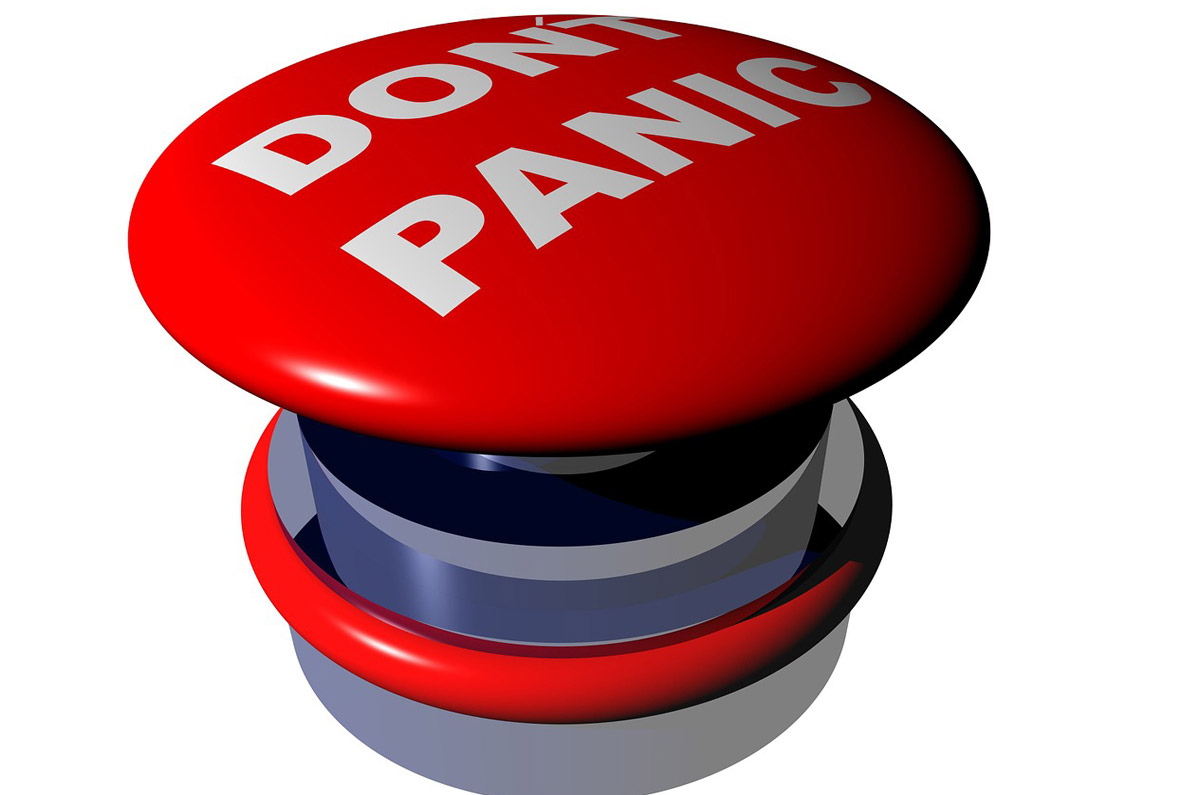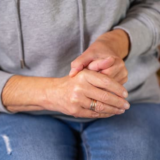Let’s take advantage of the warmer days and and look at how we can sweep away the winter cobwebs and make ourselves sparkle this spring!
- Unplug. We’re always connected these days, immersed in the news, social media, video chats, work/school, and phone calls. We’re never far away from a phone, tablet or computer – and we need to step away. Schedule time to put it all aside: perhaps after dinner, or for an hour during your day, or for your entire Sunday. Whatever works for you and your commitments. Just make sure you take some time away from the digital world, step outside and breathe in the fresh, sweet-smelling spring air.
- Say no. We’re wired to want to please others, so we often find it difficult to say no. But that can make us become overwhelmed and stressed with the number of commitments we have. That’s why we need to look after ourselves and start saying no. The next time someone asks you to do something, give yourself a moment. Don’t answer immediately with an automatic ‘yes’. Ask yourself if this is something you want to do. Are you able to do it – physically and mentally? Do you have the time to do it? Will it bring you happiness? If you answered no to these questions, then you should say no to the request. You may disappoint some people, and they may be a little unhappy with you. But you need to be true to who you are and stand firm. And don’t feel the need to give detailed reasons for saying no. Saying no is really hard, but it will become easier.
- Change your routine. Do you feel like you’re stuck in a rut? I know it feels like Groundhog Day at times! So look at your routine. What can you change? Take your work/school commitments out of the equation for now. Do you spend your evenings on the couch? Or weekends doing the same old things? Stop and really think about what you would actually ‘like’ to do with your free time. Go for a bike ride? Take up painting? Visit a new place each week? Find things that you enjoy, and fill you with anticipation and happiness, and do them. Now think about your work routine. There may not be things you can change about work – but why not put on your favourite outfit/earrings/shoes/lipstick – even if you’re working from home. Or use some new stationary or bit of tech. It’s amazing how these small changes give us a mental boost.
- Focus on the basics – eat well, move, sleep – repeat. This time of the year we have access to amazing fresh produce that’s just crying out to be made into delicious salads and stir fries. The days are getting longer and warmer so we can get outside more for our exercise. We can shed the heavy blankets and adjust our sleep habits. There’s never been a better time than now to focus on these basics and make improvements if needed. And finally, make sure you’re staying hydrated by drinking enough water each day.
- Surround yourself with positive, upbeat people. Positivity and happiness is contagious. These people will inspire you, make you feel good about yourself and the world in general. Too much contact with negative people (in person and via social media) does the opposite and makes the world a gloomy place. So seek out the happy, positive people and enjoy their company. And if you can, ditch the negative people.
- Take some time out to relax. Try strategies like mindfulness, visualisation and guided imagery. Or read a book, listen to music, walk the dog, create something, play a computer game, have a bubble bath or massage. Whatever relaxes you. And make sure you do these things on a regular basis. They’re not an indulgence – they’re a necessity and vital to our overall happiness and wellbeing.
- Let’s get serious – sugar, fats, alcohol and drugs. Many of us seek comfort in sugary and/or fatty foods more than we’d like. Or we’ve been using alcohol and/or drugs to make us feel better. Over time this becomes an unhealthy habit. So it’s time to get serious. Ask yourself if your intake of these things has changed or increased? If it has – what do you need to do to fix this? Can you decrease their use by yourself? Or do you need help from your family, doctor or other health professional? The sooner you acknowledge there’s a problem, the sooner you can deal with it.
- Nurture your relationships. It’s easy to take the people around us for granted, but these people support and care for us day in and day out. They deserve focused time and attention from us. So sit down and talk with your kids about their day. Make time for a date night with your partner and cook a special meal to share together. Call or visit your parents and see how they’re really doing. Reminisce with your siblings about childhood antics and holidays. Our relationships are the glue that holds everything together for us – so put in the effort. You’ll all feel so much better for it.
- Quit being so mean to yourself. You’re valued and loved. But sometimes we forget that. And the negative thoughts take over. “I’m fat”, “I’m hopeless”, “I’m lazy”, “I’m a burden”. If you wouldn’t say these things to another person, then why are you saying them to yourself? Ask yourself why you even think these things? And how can you reframe these thoughts? If, for example, you tell yourself you’re fat – are you actually overweight or are you comparing yourself to the unrealistic media image of how a person should look? And if you do know you need to lose weight, and want to make that happen, put those steps in motion. Talk with your doctor for some guidance and help. And congratulate yourself for taking action. And as you make these changes be kind to yourself along the journey. There will be stumbles, but that’s expected. You can pick yourself up and move on. Kindly.
- Throw away the ‘should’s. This is similar to the negative self-talk…we need to stop should-ing ourselves to death. This often happens after we’ve been on social media and seen someone’s ‘amazing’ life. You start thinking “I should be better at X”, “I should be doing X”, “I should be earning X”, “I should look like X”. Remember that most people only put their best images on social media, so everyone’s life looks wonderful. But you’re just seeing the superficial, filtered person, not the whole, and they probably have just as many insecurities as the rest of us. Instead of thinking “I should…”, be grateful for who you are and what you have.
- Be thankful and grateful. You exist! And yes, the world is a strange and sometimes frightening place at the moment, but you’re here to see it. People love and care for you. Focus on the people in your life and the things you’re grateful to have in your life. Celebrating these things – both big and small – reminds us why we’re here. To bring joy and happiness to those around us, and to make the world a better place.
(Originally written and published by Lisa Bywaters 2020).
Call our Help Line
If you have questions about things like managing your pain, your musculoskeletal condition, treatment options, telehealth, or accessing services be sure to call our nurses. They’re available weekdays between 9am-5pm on 1800 263 265; email (helpline@msk.org.au) or via Messenger.
More to explore
- 21 ways to spring clean your life
A Kind Journey - 6 self-care tips to help you spring clean your soul
Thrive Global - Break the habit
Alcohol and Drug Foundation - How can I look after my emotional wellbeing?
Versus Arthritis - Self-care September calendar
Action for Happiness


